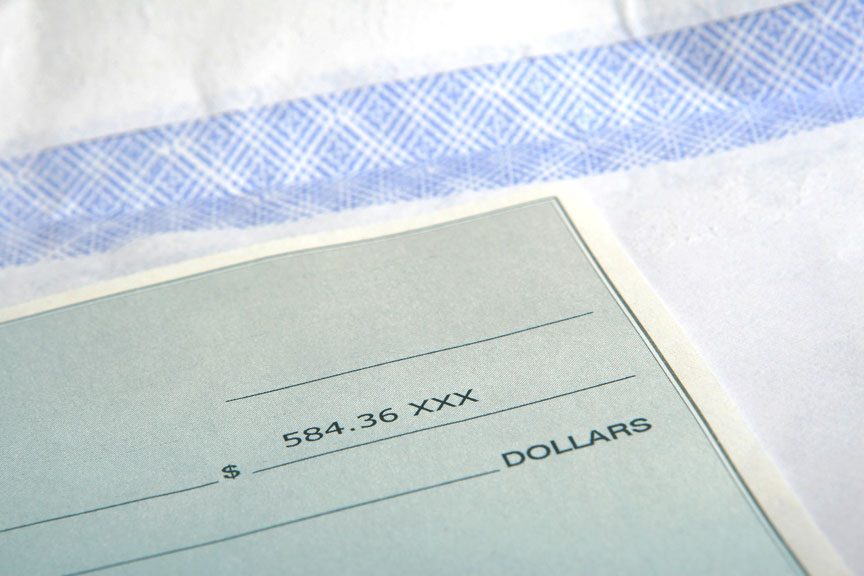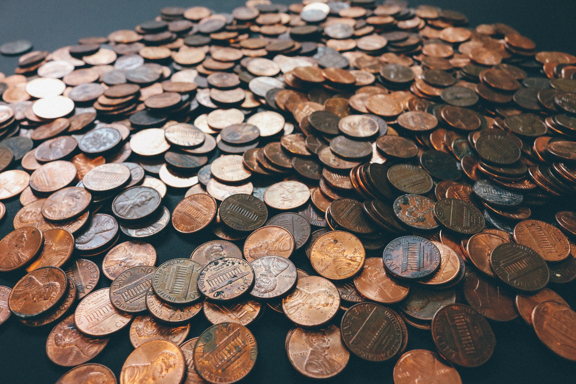Can You Get DIB and SSI at the Same Time?
People are often surprised that there are two Social Security programs that help people with disabilities: disability insurance benefits (DIB) and supplemental security income (SSI). But which one is best for you? And could you possibly qualify for both? Disability Insurance Benefits (DIB) DIB is a program based on your work history. To qualify for […]

March 27, 2017
People are often surprised that there are two Social Security programs that help people with disabilities: disability insurance benefits (DIB) and supplemental security income (SSI). But which one is best for you? And could you possibly qualify for both?
Disability Insurance Benefits (DIB)

DIB is a program based on your work history. To qualify for DIB:
- You must have paid Social Security taxes.
- You must have enough work credits, determined by your work history.
- You must not be engaged in substantial gainful activity (SGA), which is measured by a certain amount of earned income. In 2017, the SGA for the non-blind disabled is $1,170 per month (gross).
Supplemental Security Income (SSI)

SSI is a needs-based program. To qualify for SSI:
- You must be disabled and meet certain financial limits. (SSI also assists nondisabled people 65 years and older if they meet the financial limits.)
- Your household income must be below a certain limit, not just your personal income.
Can You Qualify for Both?

Yes. Applying for both DIB and SSI is referred to as making a concurrent claim.
However, your DIB benefits will likely be counted toward your income. For many people, their DIB payments are so high that they don’t qualify for SSI. If your DIB benefit is low enough and you meet the rest of the financial limits, you may qualify for SSI in addition to DIB.
If you’re already receiving the maximum of what you’re entitled to under SSI, you can still apply and qualify for DIB. However, your DIB payments will be incorporated into your income calculations, and your SSI payment will decrease.
For example: if you’re only eligible to receive $700 from SSI and begin receiving $300 from DIB, your SSI will drop to $400. You’ll still be receiving $700 a month, but now from two programs instead of one.
What’s the Benefit to Receiving Both?

If you start receiving DIB first but find that the benefits are still aren’t enough to help you, SSI will increase your monthly payments and hopefully help you with your living expenses. Once you are approved for DIB, only your disability and work status are ever reevaluated to make sure you still qualify for the program. You’ll still receive your benefits if you remain disabled and unable to work even if your spouse is working and contributing to your household income.
If you start receiving SSI first but realize you can qualify for DIB, your monthly payments likely won’t increase by much (if at all) since you’ll have to report your DIB payments as income, but one benefit to receiving DIB is that you may be eligible to receive Medicare. On SSI, you are only eligible to receive Medicaid. Typically, you must wait two years after your DIB date of entitlement before you can qualify for Medicare, but more doctors accept Medicare than Medicaid, making it a considerable benefit.
 Help from an Indiana Social Security Disability Attorney
Help from an Indiana Social Security Disability Attorney
Applying for Social Security disability benefits can be a tricky, frustrating process. It’s difficult to keep track of the requirements for DIB and SSI and to know for which one you qualify, if not both.
An Indiana Social Security disability attorney can answer your questions and help you through the process, from application to hearing. Download our free book, 8 Mistakes to Avoid When Filing for Social Security Disability Benefits, and call Hensley Legal Group today for a free, no-obligation case review.